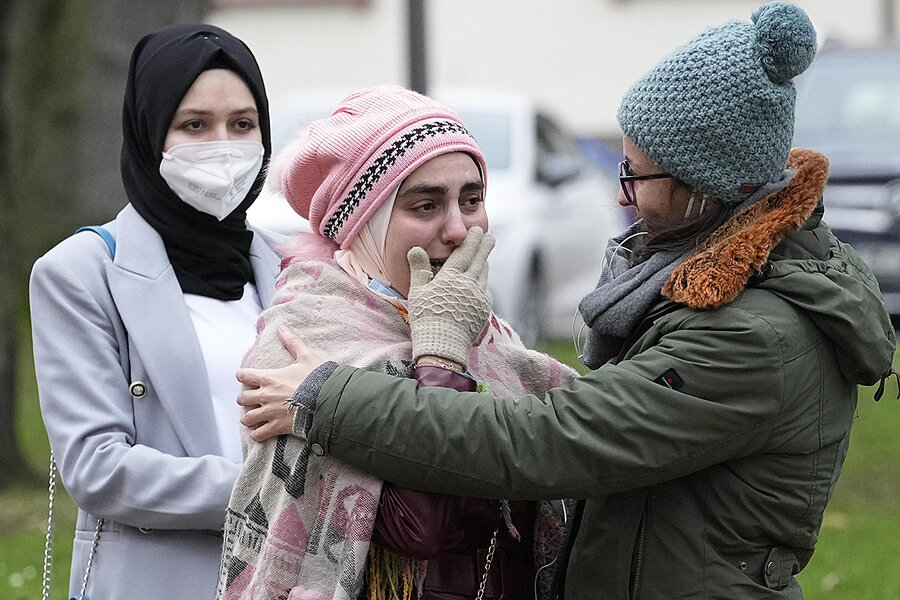A step toward justice for Syrians
Loading...
For most Syrians, justice is not some abstract concept, legal term, ideal – or even a court verdict. It is daily life.
Justice for a 12-year-old conflict that has killed more than 350,000, displaced over 10 million, and has yet to be resolved looks different to different people. It means learning what happened to your missing spouse, certifying the deed to your demolished home, burying the dead.
Syrians in Europe and the Middle East whom we interviewed for this week's cover story told us that if not closure, justice is something closer to certainty.
Justice could provide an answer for Um Amjad, who cannot gain custody of her children without her missing husband's death certificate; a chance for Thawra Kerdia's children to grieve their father; paths for Syrians around the world to reclaim lost farms and homes.
European courts are no substitute for the closure and accountability Syrians demand of President Bashar al-Assad's regime, which continues to persecute and disappear citizens.
A court verdict in Frankfurt or at The Hague will not save a family whose United Nations aid has been halved and who now faces eviction from its apartment in Amman, Jordan, or reunite a family separated across three continents. It will not restore lost childhoods.
But, Syrians told us, these court cases help. They help expose the truth.
Truth, they told us, has been Syrians' lone ally. The one thing Syrians have in an age of smartphones and social media is evidence. Lots of it. The Syrians we interviewed shared not only photos of missing loved ones but also graphic videos of violence against protesters and the killing of civilians, neighbors, and in-laws.
Terabytes of crimes that they say were perpetrated against them by their own government and aligned militias are being compiled and examined by U.N. experts, lawyers, and judges. This evidence is bolstering brave Syrians to come forward and testify in European courts that embrace the principle of universal jurisdiction. Syrians inside Syria and other Middle East states who cannot speak out are quietly adding to these archives of evidence, silently cheering on their compatriots in Europe.
These cases are not a U.N. tribunal or a truth and reconciliation process, but what Syrians hope will prove to be cracks in the dam, chipping away little by little, before the flood of truth – a current irreversible even in the face of political interests or Western government fatigue – comes forward.
Syrians say truth and justice are the building blocks for a better future for succeeding generations. It is this future that gives Syrians courage to testify in court, to speak on behalf of those who have been silenced and for those who have yet to be born.





